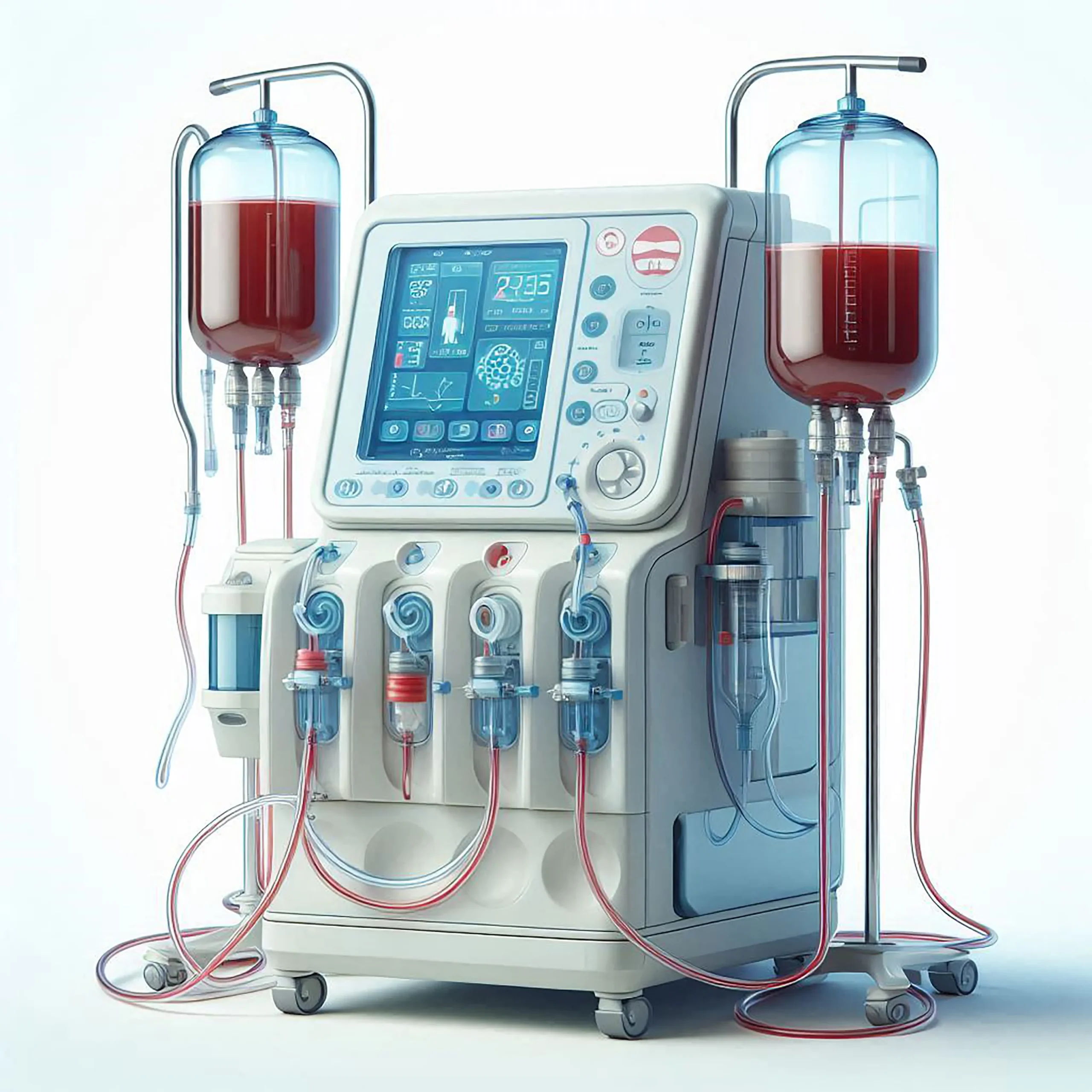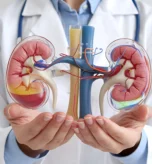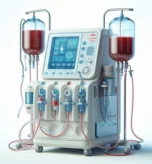
The kidneys play an essential role in filtering waste and excess fluids from the blood, but when they fail, this function is compromised, leading to a life-threatening condition. Dialysis is a medical treatment that takes over the role of the kidneys, ensuring that the body stays balanced and free from harmful toxins. It is often recommended for patients with advanced kidney disease or kidney failure.
There are two main types of dialysis: hemodialysis and peritoneal dialysis. Hemodialysis involves filtering the blood through a machine, usually performed in a hospital or dialysis center. Peritoneal dialysis, on the other hand, uses the lining of the abdomen to filter waste and can be done at home, offering patients greater flexibility. Both treatments are effective, and the choice depends on the patient’s condition and lifestyle.
Dialysis not only helps maintain overall health but also prevents complications such as high blood pressure, swelling, and electrolyte imbalances. While dialysis is not a cure for kidney failure, it is a lifesaving treatment that allows patients to live longer, healthier lives while waiting for a kidney transplant.
Modern dialysis centers are equipped with advanced technology and expert medical teams to ensure safe and effective treatment. With proper care, support, and adherence to a kidney-friendly lifestyle, dialysis patients can lead fulfilling lives despite their health challenges.





